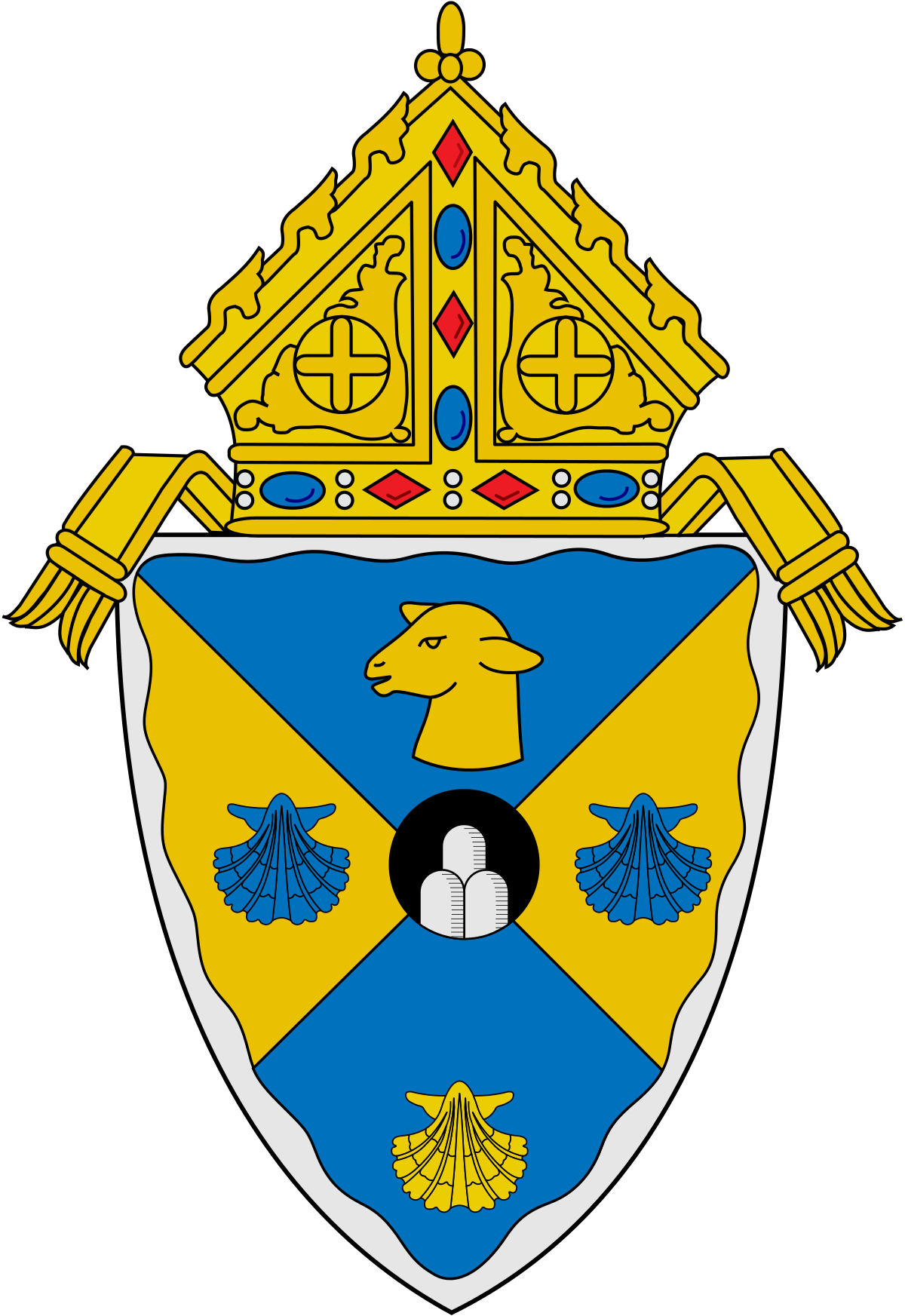PARENTS
Introduction
Every parent wants what is best for his/her child. As Catholics, we call God our Father, and we know He wants what is best for all of His children as well. If your son does begin to wonder about the priesthood or religious life, at some point he may begin to express his desire to you. This can be a moment of concern. Can my son be happy as a priest? Will he be lonely? It is our belief that God is the fulfillment of all our desires. As much as you love and cherish your children, it is impossible for you to know 100% what God wants for them. Your support and approval are very important for your son (even if he says it isn’t). You do not (and should not) decide your son’s future for him. As long as your son knows that he has your support, he will have the freedom to make good and sound decision with the help of God and the Church.
What can my child do as a priest?
Priests can have a variety of roles in the Church. Most priests work in parishes, but some work in specialized ministry like school chaplains, hospital chaplains etc. Whatever work they do, they do to be of service to God and to others. Priests usually live in rectories with other priests where they have opportunities for prayer and fellowship. Often priests have busy schedules and spend many hours helping other people. As celibate men, priests have the freedom to be involved in many people’s lives which is both fulfilling and rewarding.
How does a man become a priest?
Individuals who want to become diocesan priests apply through their local diocese for seminary admission. If the candidate is accepted by the bishop, he is then sent to study at a seminary for education and preparation. Some begin seminary immediately after completing high school, others come to seminary after a few years of college, and others wait until they have completed college or after working for several years. Men preparing for the priesthood study philosophy, theology, scripture, history and pastoral ministry during their time of seminary education. After the successful completion of the seminary program, the candidate is ordained to the priesthood for service to his home diocese.
Who pays for everything?
Depending on individual circumstances, the Diocese often helps their seminarians cover part of or all of the expenses. Scholarships, loans and grants are available for those who may need more assistance. A lack of finances should never prevent someone from responding to God’s call to the priesthood.
Will my son have to live far from our family?
Generally speaking, diocesan priests remain within their own diocese serving in parishes. The possibility exists that some priests are asked to do special ministry outside of the diocese. During seminary formation, men do study outside of the diocese.
What if my son changes his mind?
Discernment is an ongoing process. Becoming a candidate with the diocese does not mean that your son is obligated to become a priest. Formation directors will help your son discern whether priesthood is the right choice. Your son may decide that he is called to serve the church in some other way, like being a husband and father. Prayer and reflection will help your son develop a better sense of God’s call.
What should I do now?
If your child expresses an interest in priesthood, encourage him. Let your son know that you want him to be happy in life, and that you will support his interest. Answer your child’s questions as best you can. If you have more questions, speak to a priest. Most importantly, pray for your son. Pray that God will give him the strength and patience to discover his abilities and talents and use them to help others.

